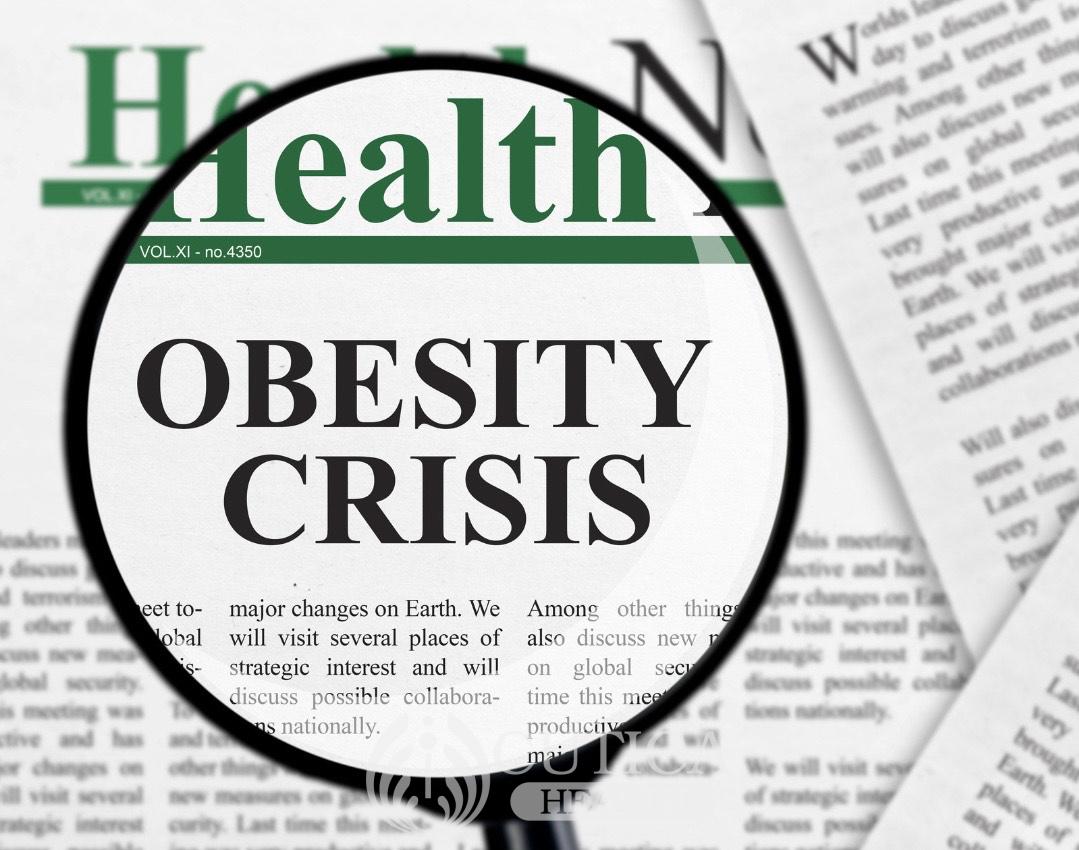
Are you having recurrent pain in the side of your tummy or groin? Do you have fever, chills and feel sweaty? Any episode of nausea and vomiting? Or perhaps you've noticed blood in your urine? Do you know anyone experiencing these symptoms? This maybe your body's way of telling you you've got stones in your kidneys!
Kidneys are essential organs in our bodies and they play a vital role in ensuring homeostasis. This simply means that in the presence of sick kidneys, the body cannot function optimally.

Stones formed in the kidneys are hard deposits of salts and minerals that stick together in a milieu of concentrated urine.
Kidney stones can develop in one or both kidneys or the tube that connects the kidneys to the bladder, the ureter. The medical lingua for kidney stones is nephrolithiasis or urolithiasis.
What causes kidney stones.
Waste products of the body in blood are excreted via the kidneys. These waste products occasionally can form crystals in the kidneys and over time, the crystals may stick together and build up to form a stone. These stones are often very painful when passed and may obstruct the flow of urine.
The following increases the risk of developing kidney stones:
Dehydration : Not drinking adequate amount of fluids throughout the day increases one's risk of developing kidney stones. Recommended amount of fluids/day is about 2.5L/day. Drinking water is definitely not overhyped.
Medications : some medications including an excess of vitamin C have been shown to increase the risk of developing stones in your kidneys. Read the leaflets of the medications prescribed and ensure to take them with adequate amount of water.
Medical conditions : Some medical conditions have been linked to an increased risk of developing kidney stones.

Genetics : Studies have shown that some individuals are more genetically predisposed to developing kidney stones than others. A family history of kidney stones increases the chances that one might develop kidney stones in future, hence, precaution should be taken.
Diet : Some foods, especially processed foods are high in salt as phosphorus is a common additive and preservative. It is therefore advisable to limit fast foods, frozen foods. Resist the temptation of adding extra salt to your already cooked meals. Fruits aren’t at all as innocent as they appear to be. Veggies like spinach, nuts like almonds and cashews, beets, sweet potatoes and okra have been implicated in the development of kidney stones, especially in individuals that are genetically predisposed.
What are the symptoms?

Symptoms range from mild to more sinister and potentially dangerous.
- Renal colic: Severe pain that comes and goes as the stone passes through the ureter.
- Nausea
- Vomiting
- Sweating
- Fever
- Chills
- Blood in the urine.
Seek urgent medical attention if you have severe pain, fever, chills, blood in urine . A serious complication that may develop is an infection of the upper part of your urinary tract, a condition called pyelonephritis. You'll need to be admitted, given antibiotics and fluids through your veins.
Treatment
As is true for any disease, the best cure is prevention. This requires drinking enough fluids during the day to stay hydrated.
Small stones can be passed through urine. An individual is encouraged to drink lots of fluids to encourage urination. In a large percentage of people with kidney stones, about 80-85%, symptoms resolve spontaneously without medical intervention as the stone is excreted via urine.
However, about 20% will require inpatient admission due to persistent pain, water works infection (urinary tract infection), or inability to pass the stones. For symptom relief, surgery might ultimately be required depending on the size of the stone.

It is scary to hear a doctor tell us that there’s something wrong with any of our organs. To prevent kidney stones today and its associated complications, remember to drink water and stay hydrated!!












